Common Raccoon Attic Issues and Solutions
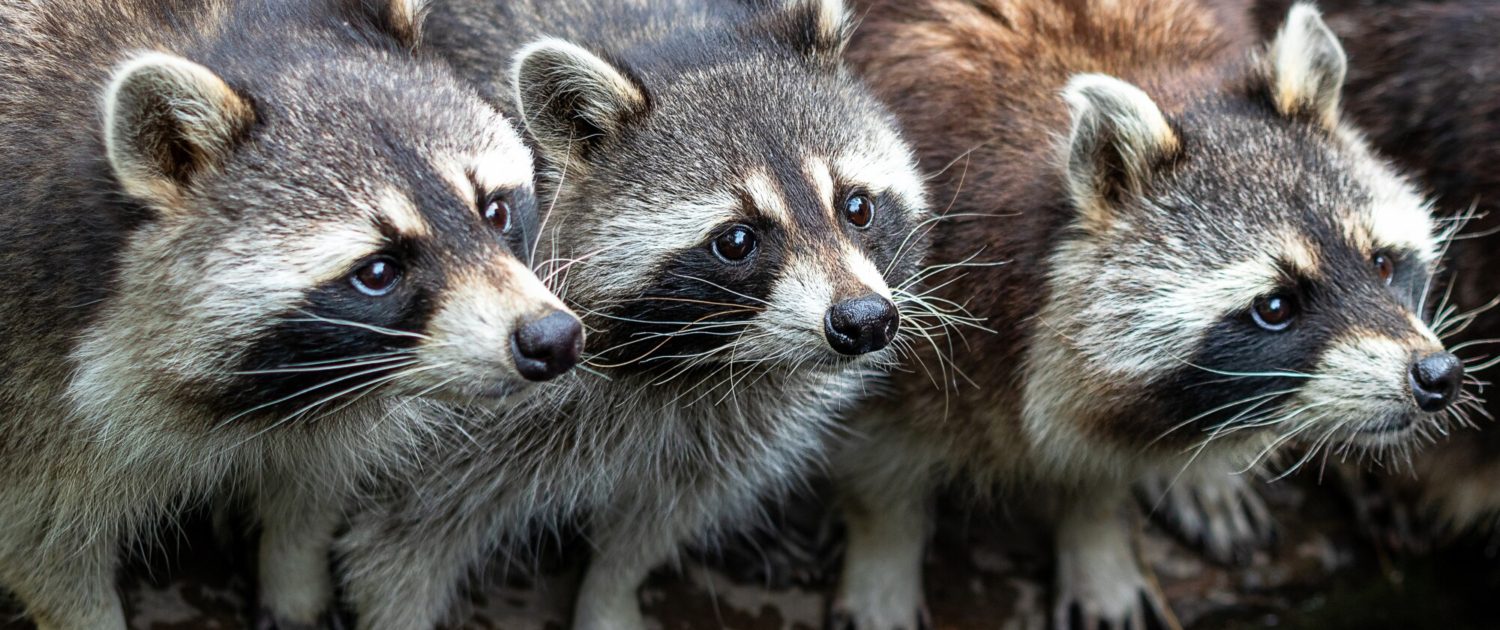
Common Raccoon Attic Issues and Solutions
A raccoon in the attic is very problematic. Take a look at the common issues this creates and the best solutions to prevent damage.
There’s a reason raccoons have a reputation as tricksters: they’re highly intelligent problem-solvers, and they’re capable of finding creative ways to get things they want. In fact, one study on their intelligence found that they were not only able to pass simple cognition tests for food rewards but learned to cheat while doing it.
As a homeowner, however, you may be less impressed when one of these critters uses its smarts to get into your home.
When you have a raccoon in the attic, getting these tricksters to leave can be easier said than done. Here’s what you need to know about the signs of raccoons, the problems they can cause, and how professional wildlife control can kick them out of your home.
Signs of Raccoons
First things first: how can you tell when it’s time to worry? Here are a few signs that a raccoon might live in or around your home.
Frequent Sightings
One of the most obvious red flags is seeing raccoons around your home. If you’ve noticed them around your property, the chances are good that they’re wandering the area or holing up in your attic.
Feces and Urine
Raccoons won’t scatter their droppings and urine all around your attic. Instead, they use only one area as a latrine. Over time, the smell may build enough that the foul odor reaches the rest of your home.
You may also notice droppings around your home. Raccoon droppings look like the droppings of a cat or small dog.
Visible Roof Damage
Raccoons have sharp teeth and claws, and they’re stronger than their small size would suggest. If you have raccoons around, you’ll likely notice the roof damage right away!
Raccoons can chew through shingles and air vents. They can also damage gutters and eavestroughs in an attempt to enter your home.
Nesting Materials
Another sign that it’s time to contact pest removal is scattered nest materials. In building their nests, raccoons may bring in scattered debris from outside. Twigs, grass, leaves, fabric, and paper are all common materials. Raccoons use them to create a pile they can burrow into.
Noises
Last, but not least, listen for odd sounds in your attic. Raccoons are large animals, and it’s often easy to distinguish their thumping and stomping from the sounds of a smaller creature like a bird or a gray squirrel. If you’re dealing with a mother and her babies, you’re likely to hear high-pitched crying from the kits as well.
When Are Raccoons Most Active?
When do you need to be on the lookout for the signs above? Raccoons are active year-round, though you’ll see more signs of activity during certain periods.
Nocturnal Activity
Raccoons are nocturnal, meaning you’re most likely to see or hear them in the late hours of the evening or overnight. This is also when they’re most likely to look for food or to try and enter your home or the surrounding structures.
Warm-Weather Activity
In general, raccoons tend to be most active during the warmer months of the year. Here in Georgia, this means the spring and summer as well as our warmer autumns.
Springtime should be a particular concern. In February and March, pregnant mothers are often looking for warm spaces where they can have their young. After the babies are born, the new family will often stay in their chosen den for several months until the babies can fend for themselves.
As a result, it’s important to make sure your home is structurally sound before the spring. Allowing a raccoon to create a den and give birth can invite permanent guests who won’t leave for quite some time!
Cold-Weather Activity
During the winter, you’ll tend to see fewer signs of raccoon activity. Raccoons aren’t true hibernators, but they will fall into a deep sleep when the weather drops.
At this time, they curl up in their dens for warmth and enter a state called “torpor.” This slows their metabolism and allows them to remain inactive to conserve energy. Unlike hibernation, torpor can last between a few days and a few weeks.
Raccoons will often use natural cavities in trees, hollow logs, and abandoned burrows when sleeping. However, they may also seek the warmth of human habitation.
If you’re worried about raccoons in your attic, don’t assume that they’re gone because you’ve stopped seeing signs of them in the winter. Their inactivity may indicate that they’re sleeping unseen in your home.
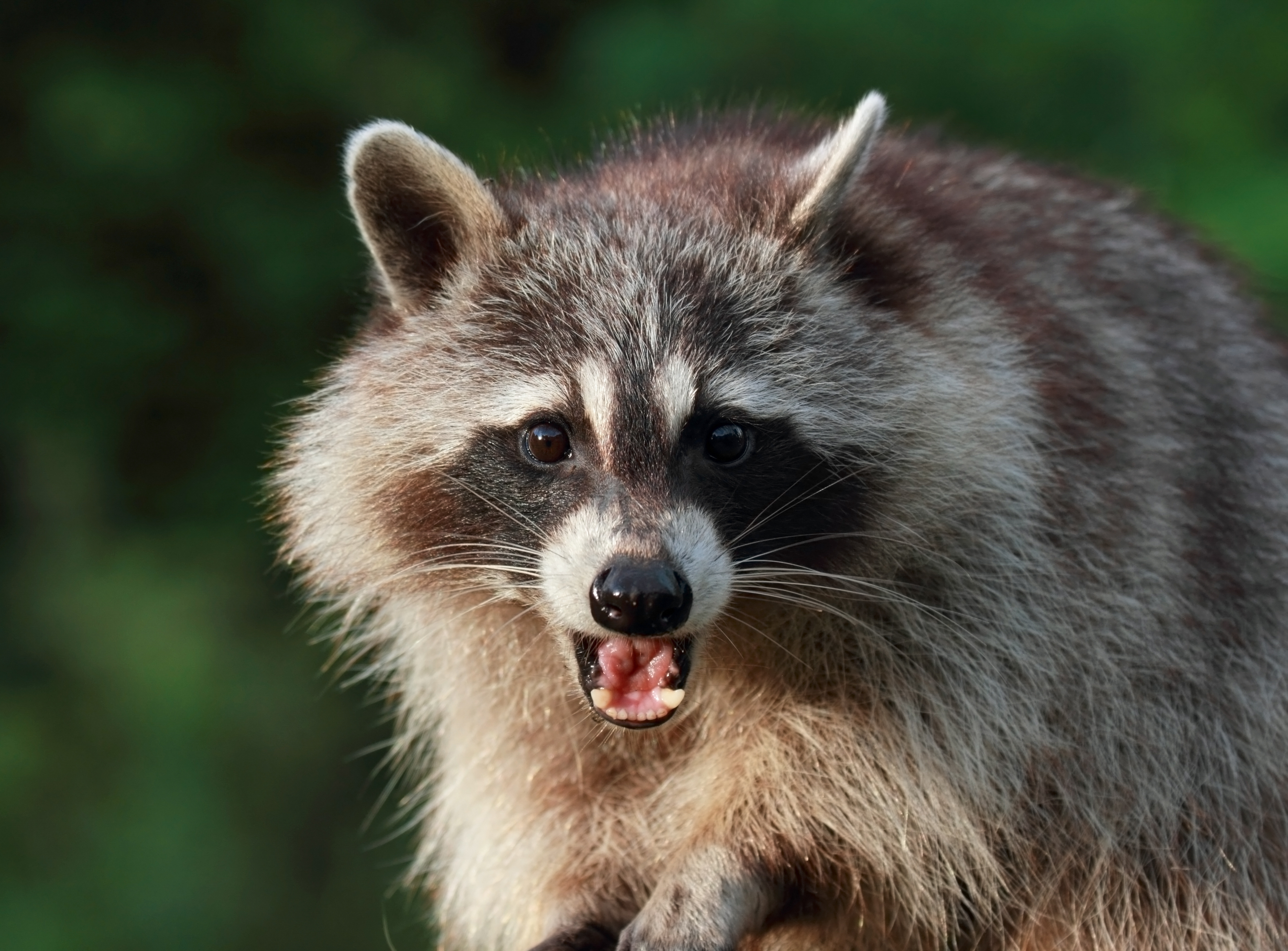
Health Risks Caused by Raccoons
If you’re tempted to postpone your raccoon removal in Atlanta, don’t! Having these critters in the attic might not seem like a big deal, but it can expose your household to some serious health risks. Raccoons can carry many infectious diseases, especially in their feces.
Raccoon Roundworm
Roundworm is the most serious health risk of a raccoon infestation. This parasite lives in the intestines of a raccoon, but its larvae can hatch from eggs in the raccoon’s feces. Worse, you don’t even need to come into contact with the feces: the eggs can become airborne, allowing humans or pets to breathe them in.
Fatigue, poor vision, and a loss of muscle control are common signs of roundworm. The resulting infection can impair the nervous system, cause organ damage, and even lead to a coma or death.
Leptospirosis
This bacterial infection spreads through raccoon feces as well. If you come into contact with feces, you can contract it. Flu-like symptoms are common with this disease, but it can turn into kidney or liver failure if left untreated.
Salmonella
Most people are familiar with salmonella and its symptoms, as it’s also common in foods like uncooked poultry. You can contract salmonella from raccoon feces if you accidentally touch your face after handling the droppings.
Rabies
Unlike the diseases above, rabies is something you’ll contract only if you come into contact with a raccoon infected with rabies. Raccoons with rabies may act violently and show little fear of humans. They may also froth at the mouth.
If any raccoon bites or scratches you, it’s important to seek treatment for rabies as soon as possible. The early symptoms of rabies resemble the flu, but it can lead to a delirious state, and this disease can become fatal without treatment.
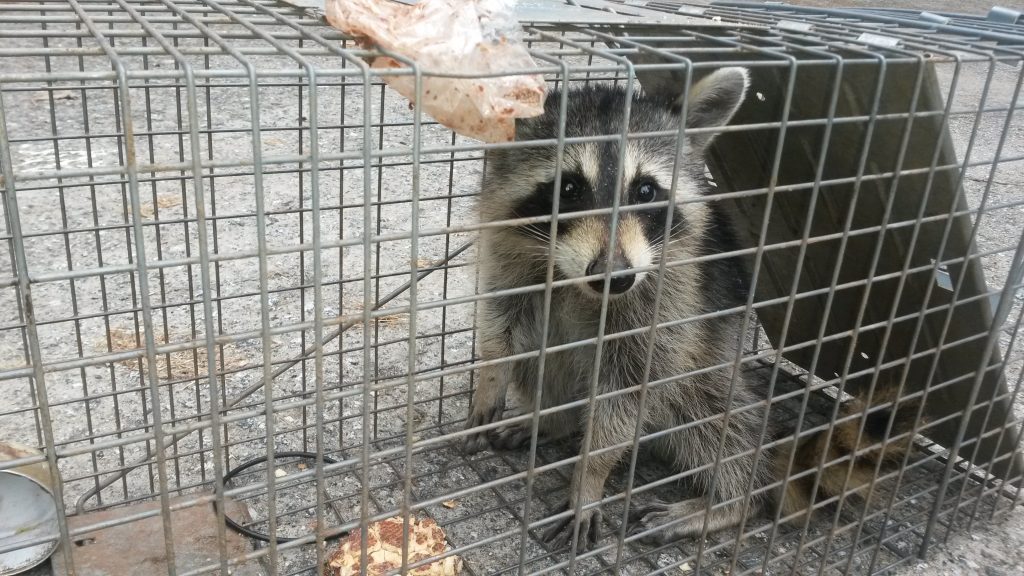
Property Issues Raccoons Can Cause
Beyond health risks, having raccoons on your property increases your risk of structural or property damage. This, unfortunately, is typical when an animal is chewing its way inside your home!
Insulation Damage
When a raccoon has gotten into your attic, one of the biggest forms of damage may be insulation damage. Raccoons may chew through your insulation to create their den, or they may try to use it as part of their nest.
Electrical Damage
On their way to chew through your home’s insulation and structure, a raccoon may damage your electrical wiring by accident. This can compromise your home’s electrical system, putting you and your household at risk. Electrical problems are a major cause of home fires, so it’s important to get rid of your raccoons and address the problem fast.
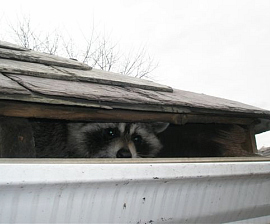
Exterior Home Damage
When a raccoon decides to make its nest in your home, that doesn’t keep it from going outside. These critters love hiding food and treasures in holes, which means they may dig in areas that are convenient to them, including your lawn and garden.
Worse, raccoons make it difficult to put food waste into your garbage. If they smell this food, they’ll often overturn bins and rip into trash bags, leaving the mess scattered across your property.
As we’ve mentioned above, raccoons can also do some serious damage to the outside of your home. In digging, they can damage crawlspaces and decks, and in getting into and out of your attic, they can damage your roof and siding.
Getting Rid of Raccoons
Now that we’ve covered everything you should expect from a raccoon infestation, you may be wondering, “How do I get them to leave?”
The answer is that you don’t handle them alone! We never recommend that homeowners try to physically remove a raccoon without help. This is true for adult raccoons as well as baby raccoons.
As we’ve mentioned above, these creatures present a serious risk to your health and safety, which is why you may need to contact a professional critter control expert like Perimeter Wildlife Control.
However, there are some “tricks” that you as a homeowner can try on your own with minimal risk.
Homeowner “Tricks” for Dealing with Raccoon Issues
Although the following results may not be perefect, you can try putting ultrasound pest repellers in your attic and around your home. These devices create sounds humans can’t hear, but they’re annoying for raccoons. The same is true of similar devices that let out bright lights upon sensing motion. These devices are in no way a permanent solution, but could give you some peace of mind.
You can also make your home less attractive by removing food and water sources where possible. If you feed pets or other wildlife outside, stop doing so as to not attract the raccoons. In addition, you can try sealing up possible entry points into your attic, though you should only do this if you are 100% sure the raccoon or baby raccoons aren’t in there at the moment. A mommy raccoon is a forced to be reckoned with if you seal her away from her babies!
If these simple steps to modify the raccoon’s habitat don’t work, reach out to a critter removal expert for assistance. Professional wildlife removal specialists like Perimeter Wildlife Control have the tools, safety equipment, and experience to get the job done. They can work with you to remove your unwanted guest while helping you raccoon-proof your home.
Getting Rid of a Raccoon in Your Attic
Here’s the bottom line: we ALWAYS recommend reaching out for professional wildlife trapping if there’s a raccoon in your attic.
Our team at Perimeter Wildlife Control offers 24/7 emergency pest removal services to customers throughout the Atlanta Georgia metro area. We’ll help you secure your home, your family’s health, and your peace of mind. Contact us today to learn how we can help!

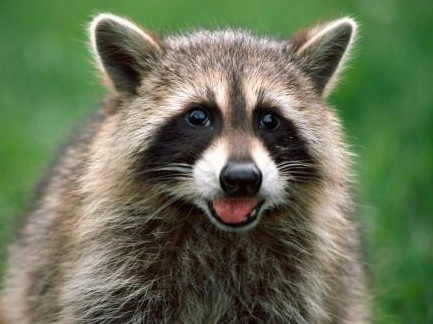
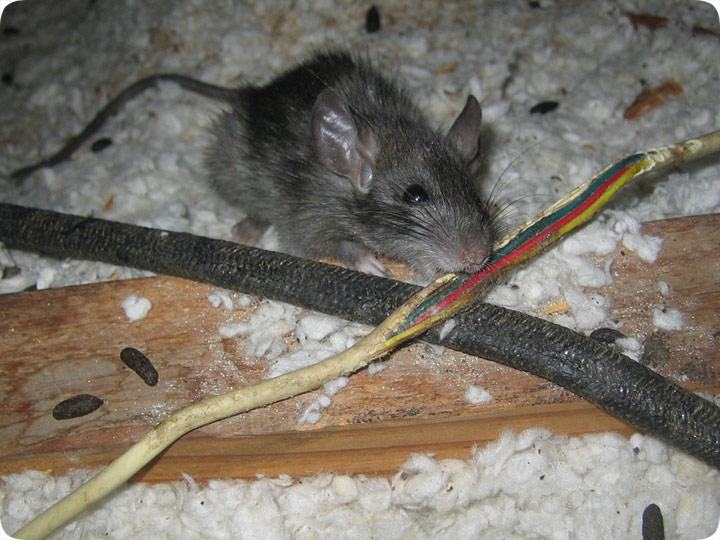

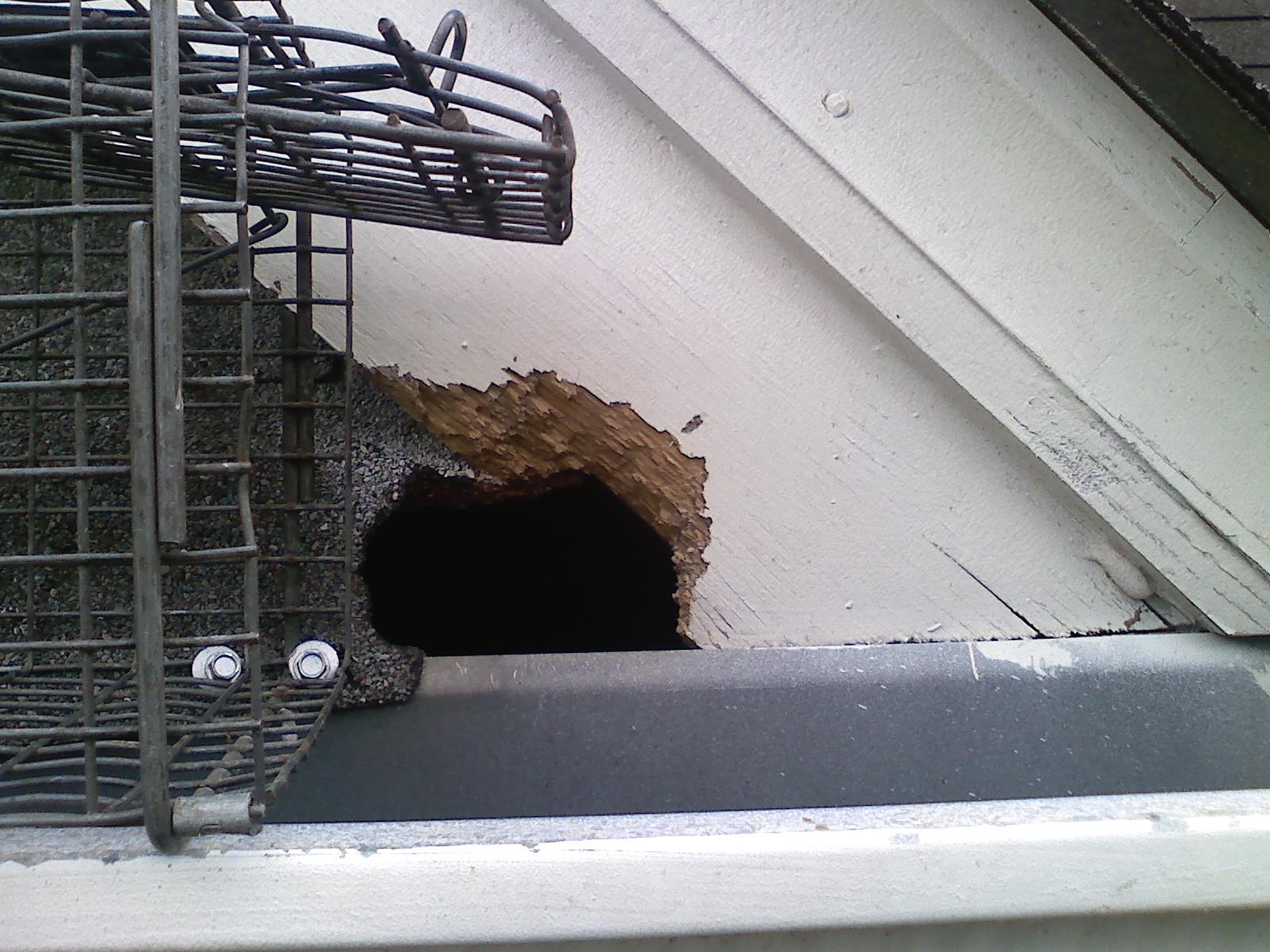
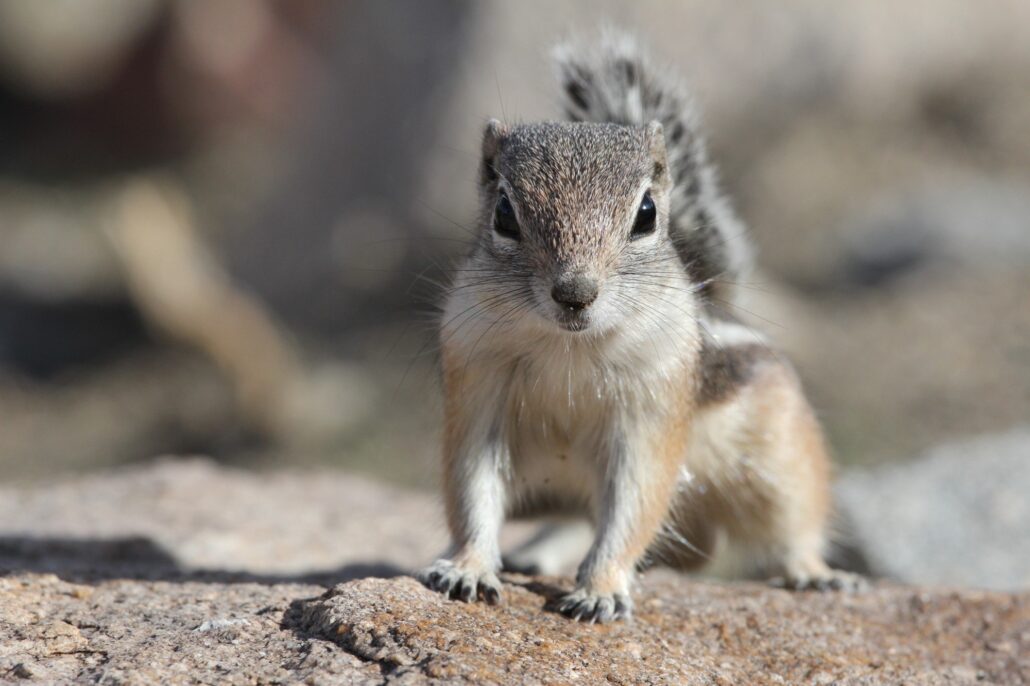
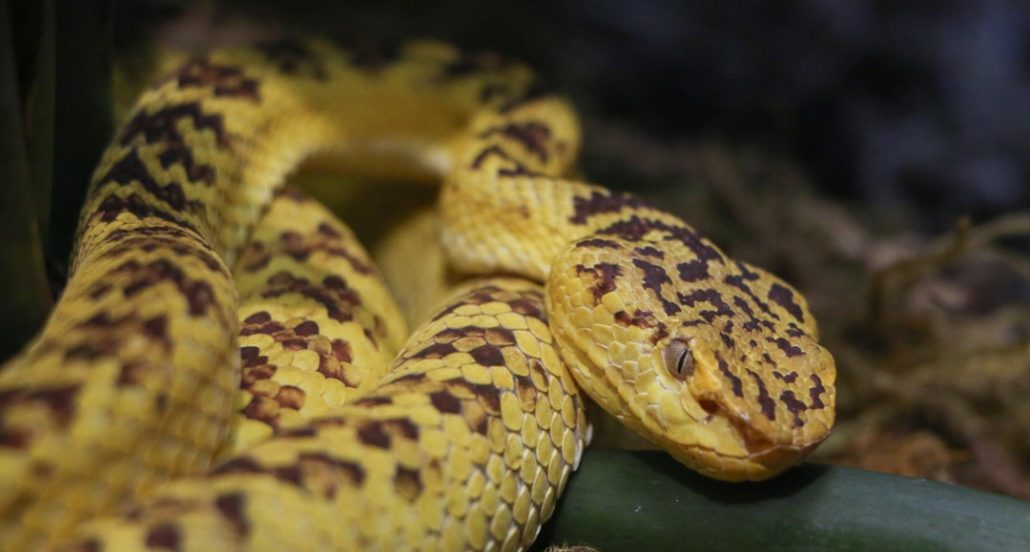
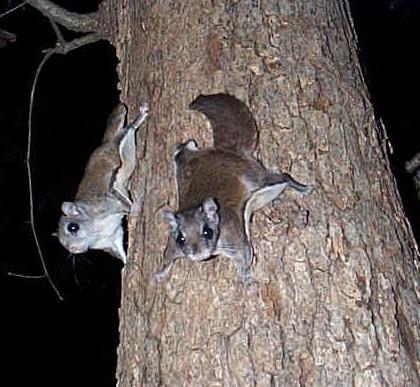
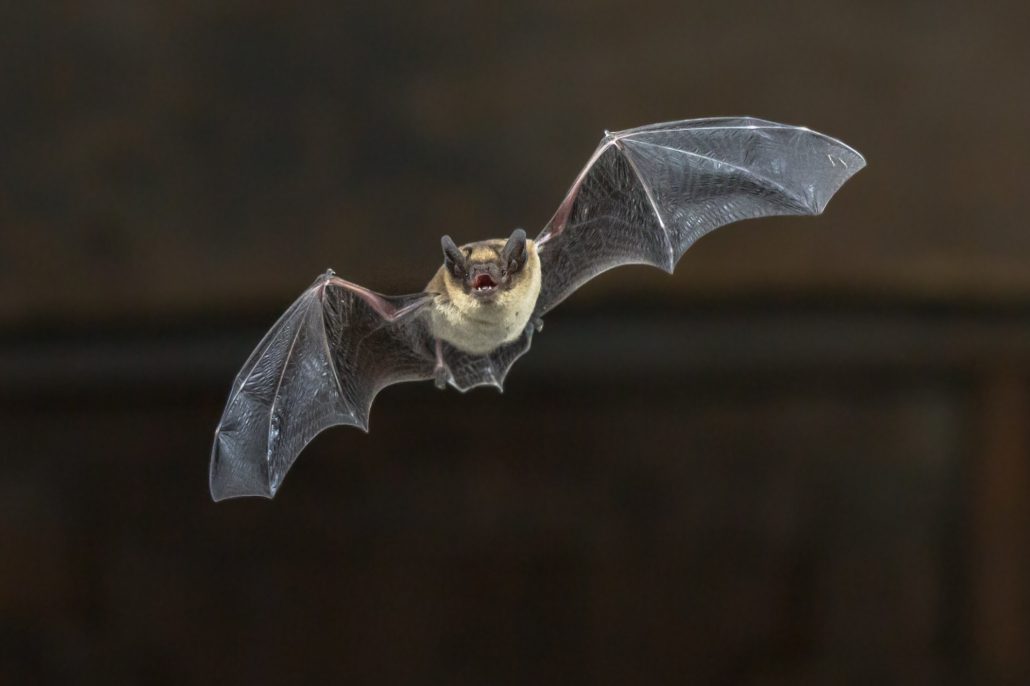
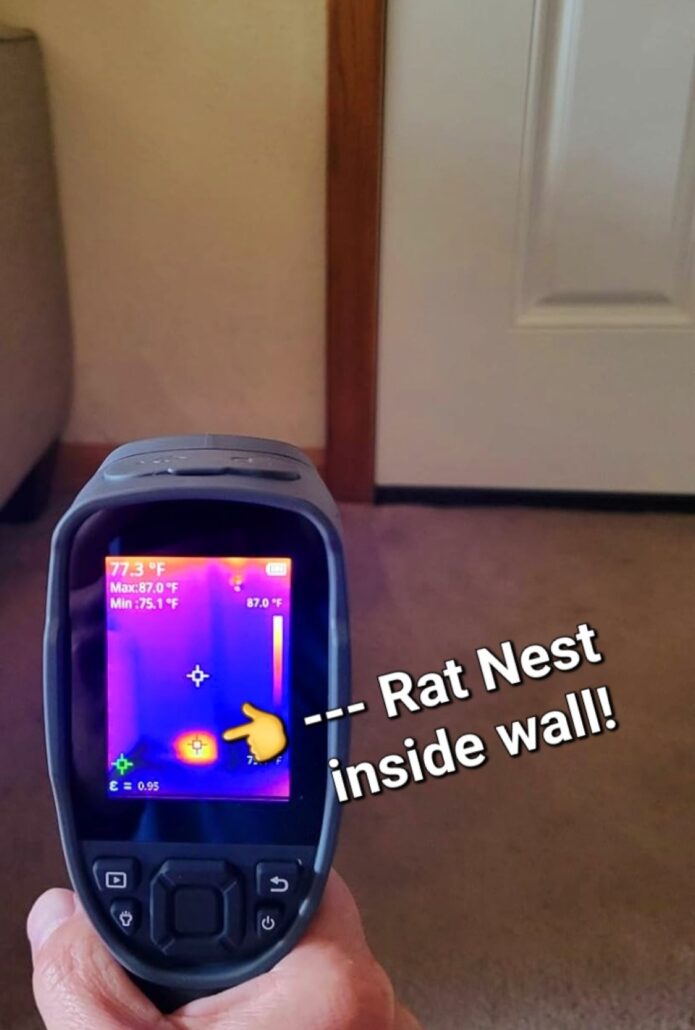
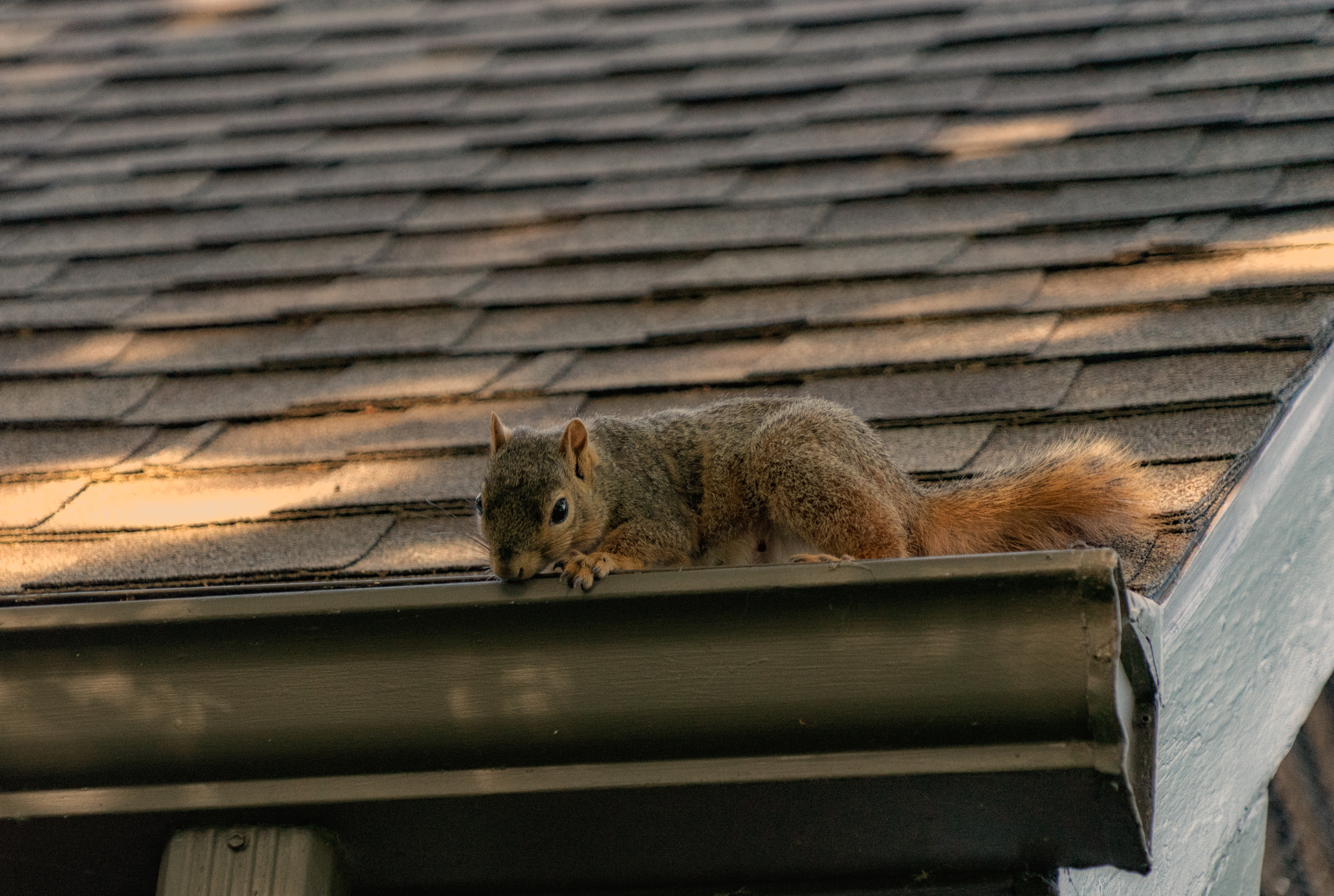
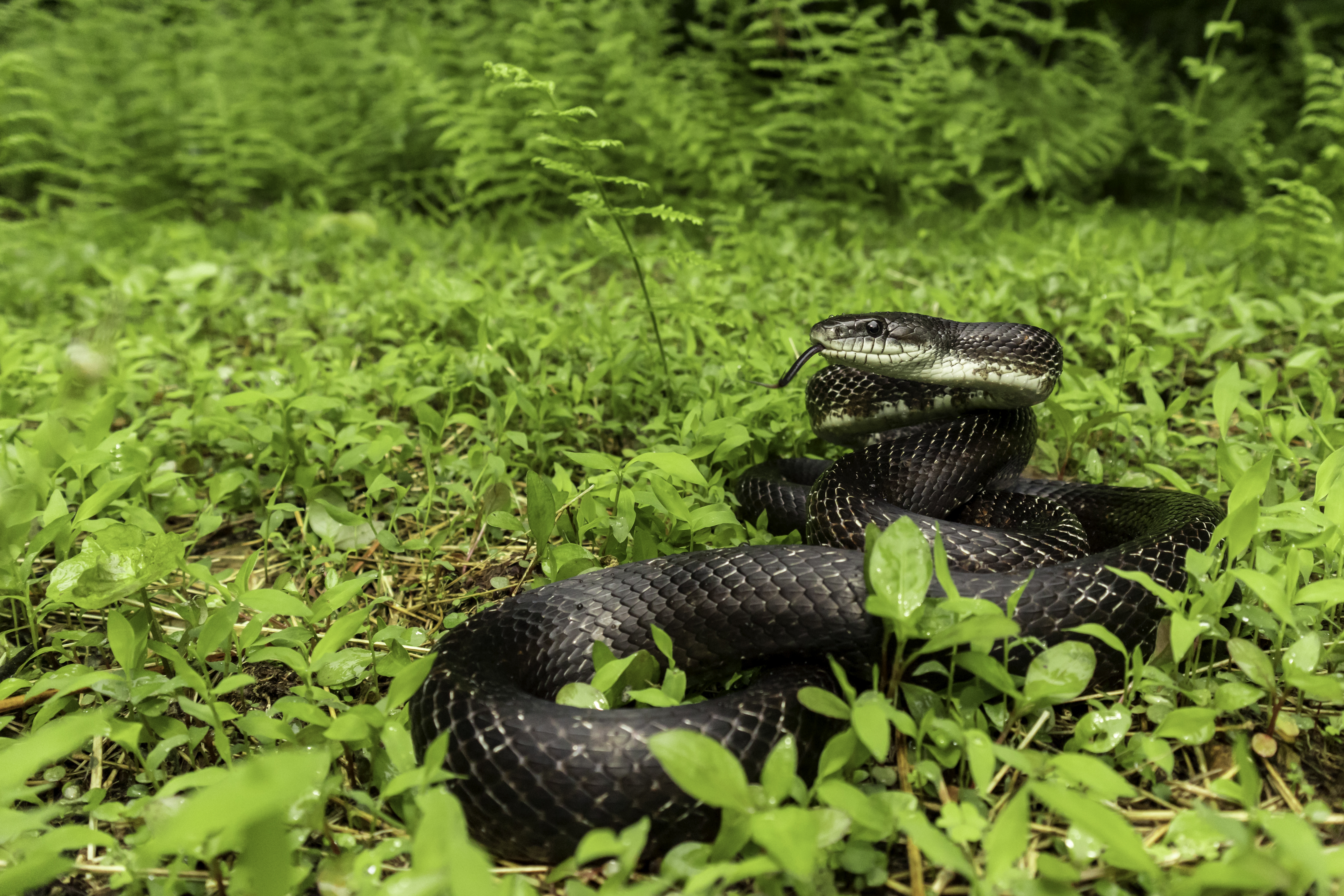
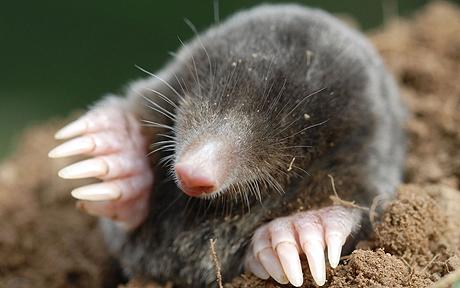
One Comment